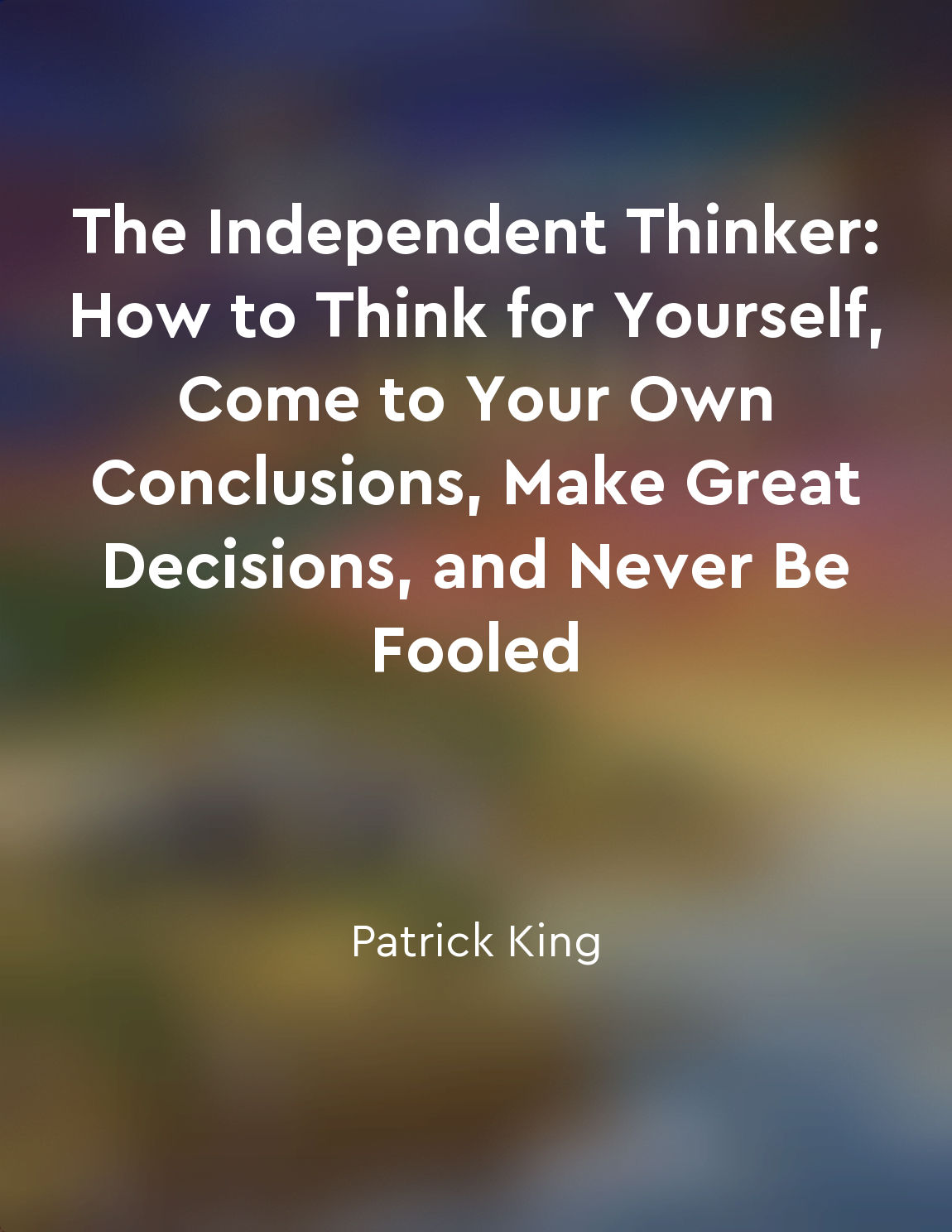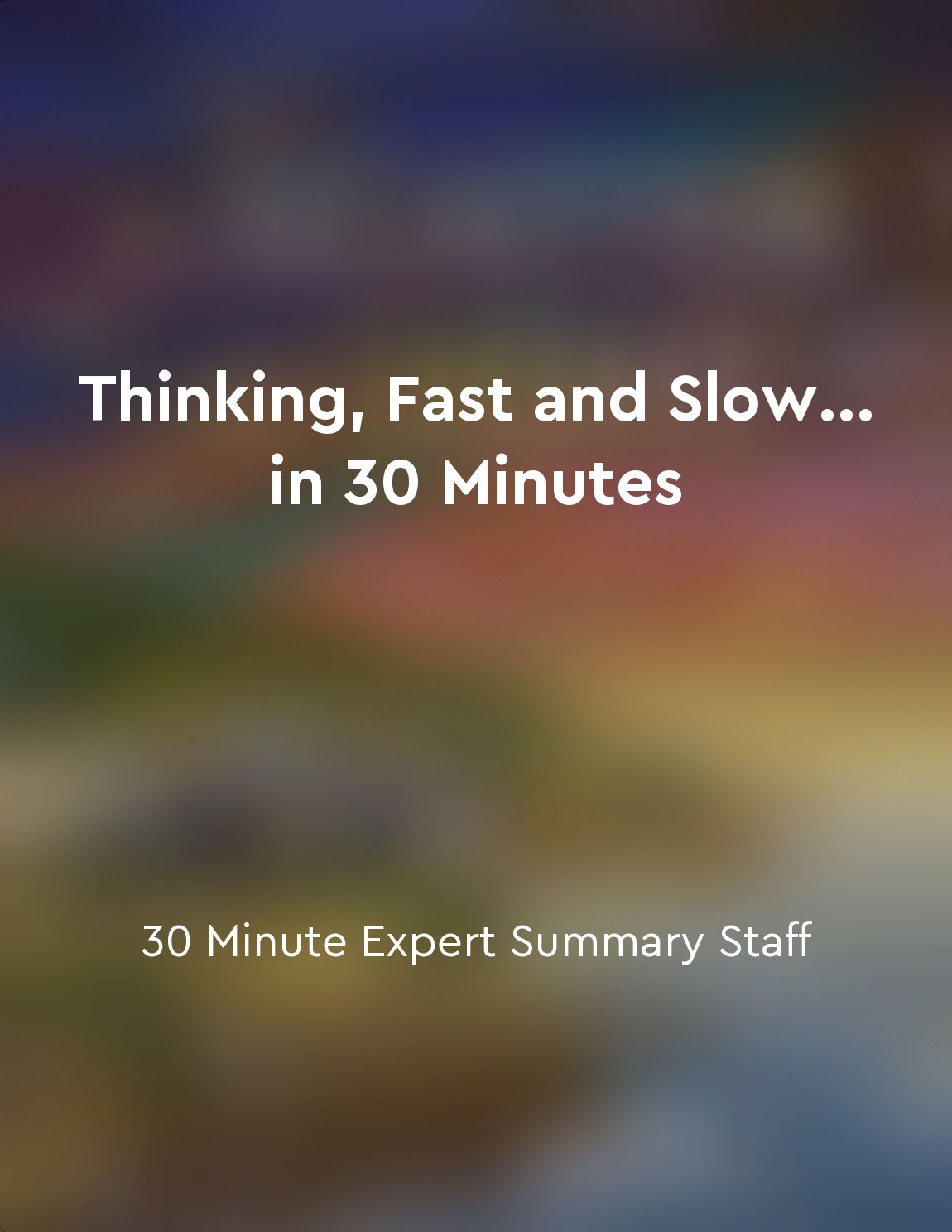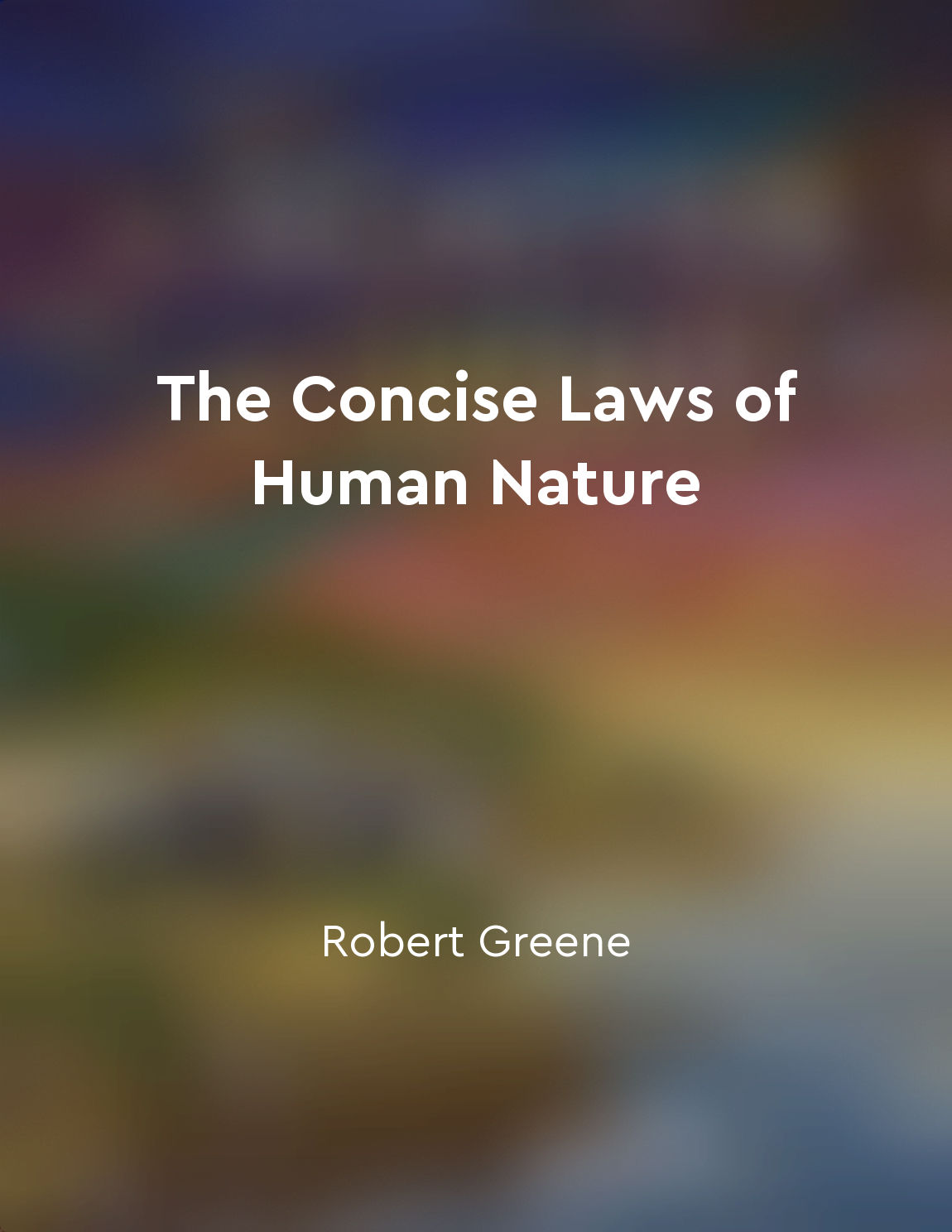Audio available in app
Identifying logical fallacies from "summary" of A Guide to Logical Thinking by William Maurice Shanner
Identifying logical fallacies is a crucial skill in developing strong critical thinking abilities. A logical fallacy is essentially an error in reasoning that weakens the argument being made. By recognizing these flaws in logic, we can avoid being swayed by faulty arguments and make more informed decisions. One common type of fallacy is the ad hominem attack, where someone attacks the person making the argument rather than addressing the argument itself. This tactic is often used to divert attention away from the actual points being made and can be a red flag for weak reasoning. Another common fallacy is the appeal to authority, where someone tries to bolster their argument by citing an authority figure rather than providing solid evidence or reasoning. While it can be tempting to rely on the opinions of experts, it's important to remember that even authorities can be wrong and that arguments should stand on their own merit. Circular reasoning is yet another fallacy to watch out for. This occurs when someone uses their conclusion as one of their premises, essentially arguing in a circle without providing any real support for their claims. It's important to be able to spot circular reasoning in order to avoid getting caught in a logic loop. One of the most insidious fallacies is the slippery slope argument, where someone suggests that one small step will inevitably lead to a chain of events resulting in a drastic outcome. While it's true that actions can have consequences, it's important to evaluate each step on its own merits rather than succumbing to fear-mongering.- We can become more discerning consumers of information and better equipped to engage in thoughtful debate. Being able to spot these errors in reasoning allows us to challenge weak arguments, strengthen our own positions, and ultimately arrive at more sound conclusions.
Similar Posts
Seek to understand before being understood
To truly understand someone, you must be willing to listen with an open mind and without judgment. This means putting aside you...

Make decisions based on evidence
Making decisions based on evidence is not just a good idea - it's the only way to ensure that you are making informed choices. ...
Understanding mental triggers is essential for personal and professional growth
To truly progress in both personal and professional aspects of life, it is crucial to grasp the significance of mental triggers...
Developing emotional intelligence can help protect against manipulation
Emotional intelligence is a crucial skill that can serve as a shield against manipulation tactics. When you are emotionally int...

System two is deliberate and slow
System two is deliberate and slow, meaning that it requires effort and concentration to engage. This system is activated when w...
Confirmation bias can blind us to alternative perspectives
Confirmation bias is a powerful force that can shape our perceptions and decisions without us even realizing it. This cognitive...
The natural world is full of wonders waiting to be discovered
It is a common misconception that the natural world has been thoroughly explored and understood, that there are no more mysteri...

Rationality is an ongoing process of selfimprovement and learning
The idea of rationality as an ongoing process of self-improvement and learning is central to understanding how we make decision...
Critical thinking involves questioning assumptions
Critical thinking is a process that goes beyond simply accepting information at face value. It requires us to dig deeper, to ch...

Human nature is driven by a complex interplay of desires and fears
Human nature is a complex tapestry of desires and fears that constantly influence our thoughts, emotions, and actions. These de...

